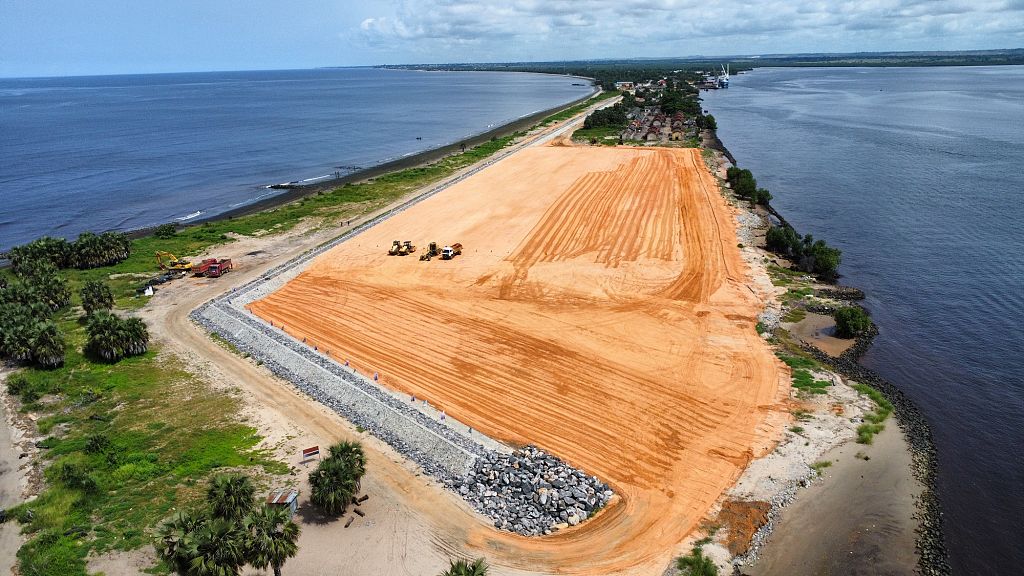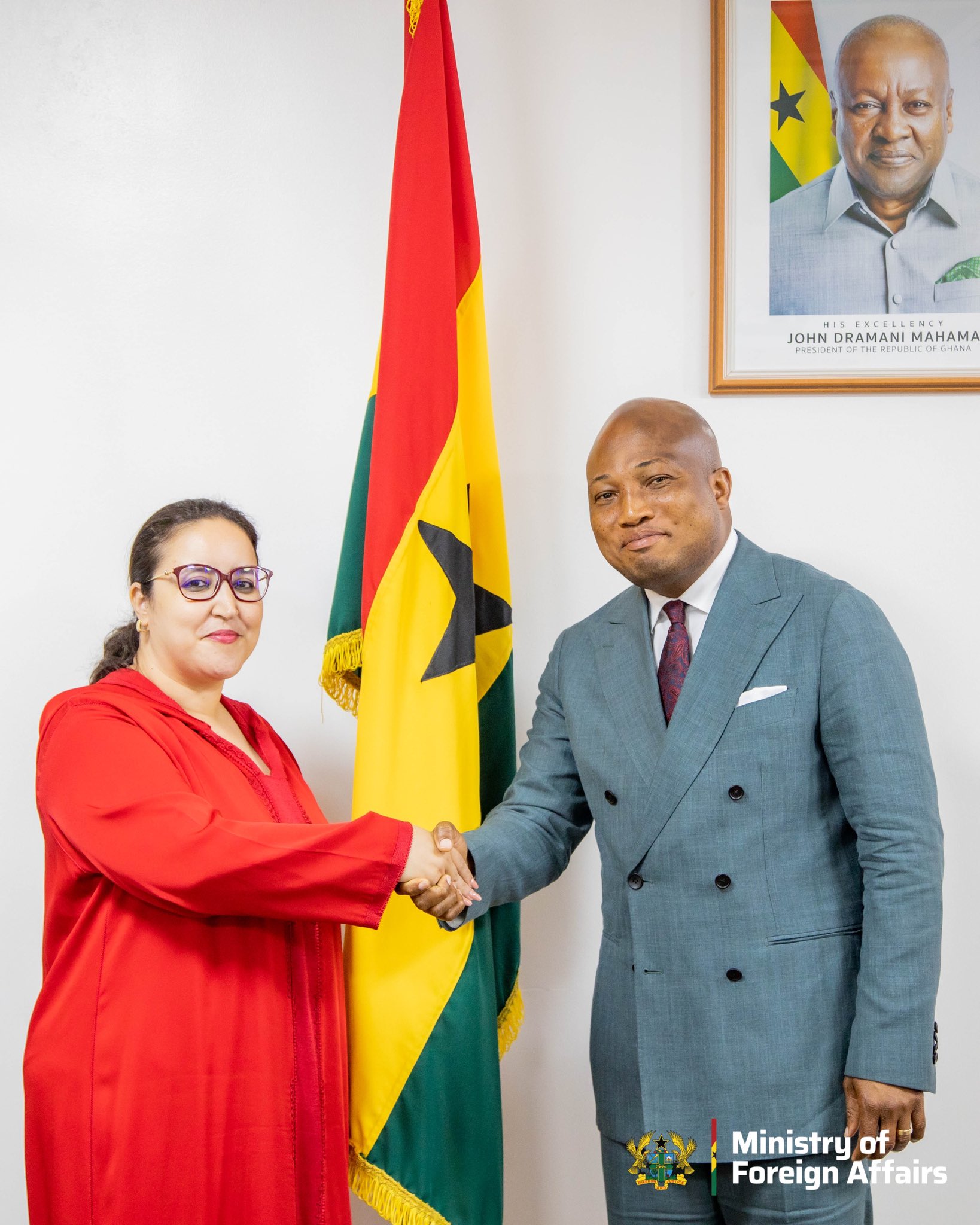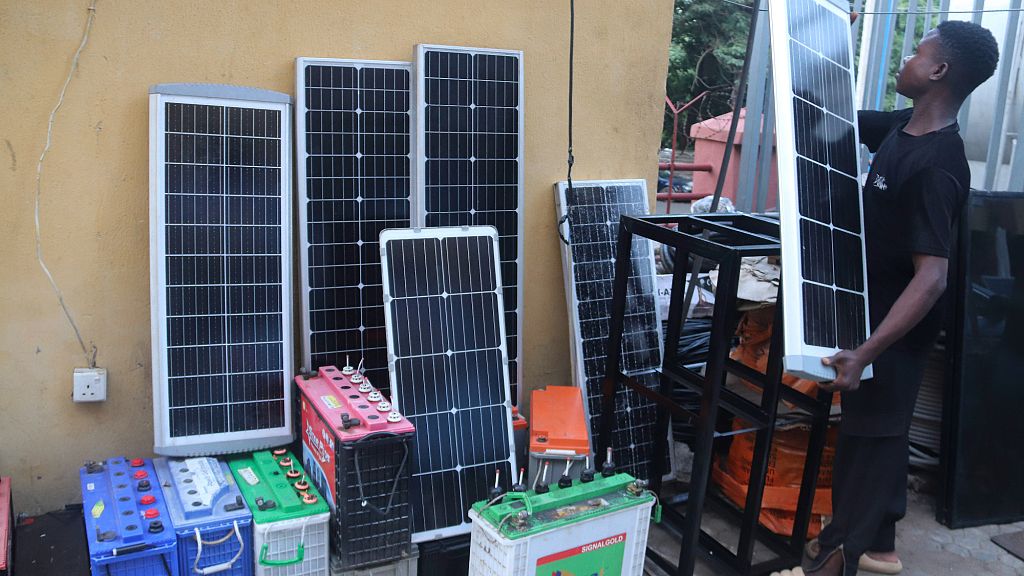African payments system PAPSS plans to launch FX market platform this year
By Duncan Miriri and Karin Strohecker
March 12, 2025, 8:51 AM GMT-3 | Updated 9 days ago

Nigerian naira banknotes are seen in this picture illustration, September 10, 2018. REUTERS/Afolabi Sotunde/Illustration/File photo Purchase Licensing Rights
NAIROBI, March 12 (Reuters) - A pan-African payments infrastructure provider designed to facilitate trade on the continent is piloting an African currency market platform to boost commerce across borders in the region, its chief executive said.
The Pan-African Payments and Settlement System (PAPSS), backed by 15 central banks on the continent, expects to add the platform later this year to complement its payments infrastructure that it says is currently integrated with 150 commercial banks.
"The rates will be market driven, and our system is able to do a matching based on the rates offered by the different participants in our ecosystem," Mike Ogbalu, the CEO of PAPSS, told Reuters in an interview from Cairo.
Africa's foreign exchange markets are often shallow and liquidity is limited, with South Africa and Nigeria dominating geographically and much of the wider trading centred around local and hard currency pairs. Those seeking other African currencies must typically secure dollars first.
However, the region has also seen some major currency reforms with countries such as Nigeria, Egypt and Ethiopia pushing ahead with efforts to move to more market-based regimes.
The Africa Currency Marketplace, as the platform will be known, will allow parties to exchange local currencies directly, Ogbalu said.
He cited the example of an Ethiopian airline selling naira-denominated tickets in Nigeria, which could then exchange its naira revenue with a Nigerian company trading in Ethiopia using the birr.
"Our system will intelligently match them and then party A will get Naira in Nigeria and party B will get birr in Ethiopia. The transaction just completes without any third-party currency being involved at all," Ogbalu said.
There have been frequent case of companies not being able to repatriate their revenue from other countries in the region, whenever violence or economic problems cause dollar shortages in markets like South Sudan or the Central African Republic.
Companies operating in the region have been forced to take a writedown every financial year to account for currency revaluations in markets with volatile currencies, Ogbalu said.
Others have invested in assets like real estate to try to preserve the value of their assets in such markets.
There have been attempts to use cryptocurrencies like Bitcoin to get around that problem but their usage is still low, partly due to lack of legal frameworks to support their use in markets like Kenya.
"Those are some of the things we think that this African currency marketplace will unlock," he said, saying it would be "transformational" without giving details on expected size or trading volumes.
African payments system PAPSS plans to launch FX market platform this year






